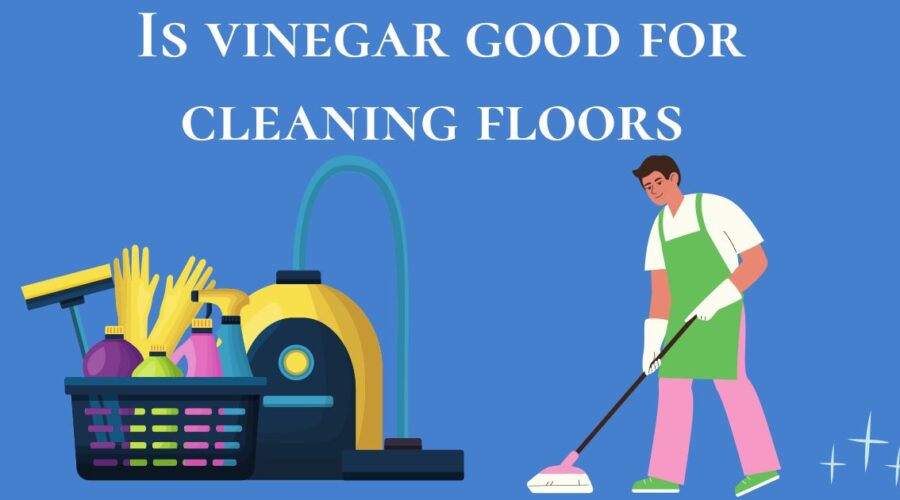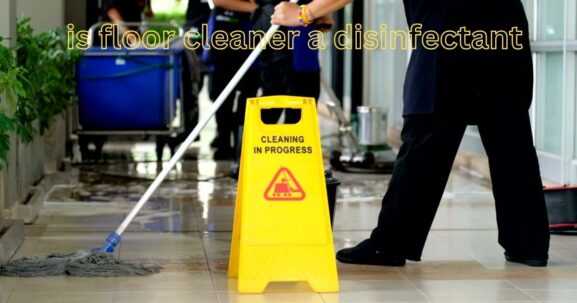Is vinegar good for cleaning floors
In the quest for a cleaner, greener home, vinegar emerges as a champion in the world of natural cleaning solutions. Whether it’s for shining your floors or ensuring a safe play area for your little ones, vinegar’s versatility and efficacy make it a household staple. But, is vinegar good for cleaning floors? Let’s dive deep into the world of vinegar floor cleaning solutions, uncovering the benefits, best practices, and everything you need to know to make your floors sparkle naturally.
The Magic Behind Vinegar for Floor Cleaning
Vinegar, particularly distilled white vinegar, stands out in the cleaning world due to its mild acidity. This 5 percent acidity level is the secret behind its grease-cutting, grime-busting power. But not all vinegars are created equal when it comes to cleaning. While white vinegar is the go-to for most cleaning tasks, apple cider vinegar has also gained popularity due to its pleasant aroma and similar cleaning properties, albeit at a slightly higher cost.
Why Choose Vinegar for Your Floors?
The benefits of cleaning floors with vinegar go beyond its cleaning prowess. It’s a non-toxic, pet-safe, and child-friendly option that ensures your home stays free from harsh chemicals. Additionally, it’s an eco-friendly choice that aligns with sustainable living goals. By integrating vinegar into your cleaning routine, you’re choosing a solution that’s good for your home, your health, and the planet.
How to Create Your Vinegar Cleaning Solution
A standard vinegar floor cleaning solution involves mixing half a cup of distilled white vinegar with one gallon of warm water. This ratio ensures effective cleaning without damaging your floors. For those with hardwood floors, the approach is slightly different. The key is to minimize moisture exposure by using a damp mop rather than a wet one. A solution of vinegar and water, applied with a well-wrung mop, can leave your hardwood floors clean and streak-free.
Special Considerations for Different Floor Types
- Tile Floors: Tile floors, especially in bathrooms and kitchens, can greatly benefit from vinegar cleaning solutions. The acidity of vinegar works well to eliminate germs and grime, leaving your tiles sparkling.
- Wood Floors: While vinegar is a fantastic cleaning agent, it’s crucial to remember that unfinished or waxed hardwood floors should not be cleaned with vinegar. Sealed hardwood, on the other hand, responds well to a diluted vinegar solution.
- Carpet: Vinegar can also be a carpet’s best friend for spot cleaning. A mixture of vinegar, baking soda, and water can effectively remove stains without leaving harmful residues.
What Floors to Avoid with Vinegar
Despite its versatility, vinegar is not suitable for all floor types. Granite, marble, stone, and any waxed finishes should not be cleaned with vinegar to avoid damage. Always perform a patch test on an inconspicuous area if you’re unsure about your floor type.
Conclusion
Cleaning floors with vinegar is not only effective but also safe and eco-friendly. From creating the perfect cleaning solution to understanding its application on different floor types, vinegar proves to be an invaluable ally in your cleaning regimen. Embrace the simplicity and efficiency of vinegar for a home that not only shines but also supports your health and environmental values.
Remember, a clean home starts with smart choices. Choose vinegar for your floor cleaning needs and experience the difference it makes in your daily cleaning routine.



